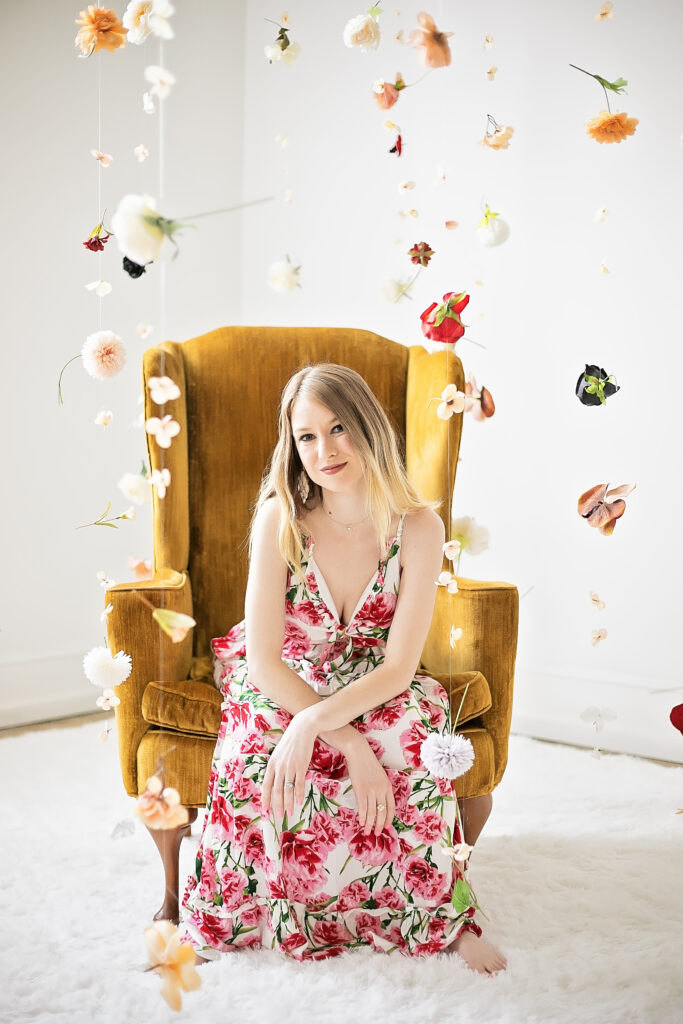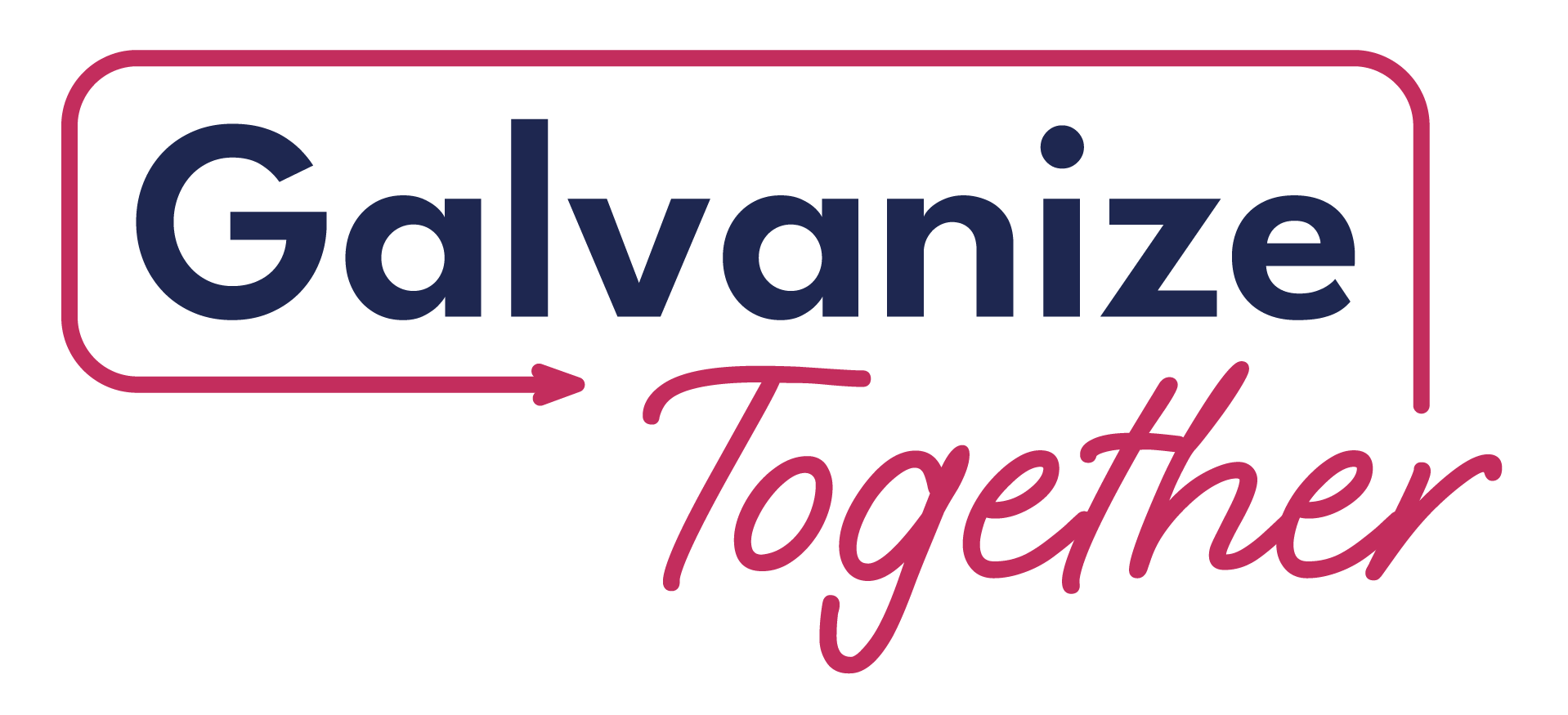Ask The Expert: How do I keep track of the news without burning out?
Reading Time: 5 minutes
Share:
Dear Grace,
I’m so tired of seeing my social media full of headlines and all of the “5 things to know today” posts–it’s overwhelming! I want to know what’s going on in the world, but I can’t tell what is legit versus what is just trying to sell me on something and, at this point, my email inbox is full of newsletters that I never read. Any advice?
– Overwhelmed in Oakton
Dear Overwhelmed,
Thank you for asking about this. I admit that I have also felt overwhelmed by the news lately and am having trouble sifting through what is clickbait and what is actually important for me to know. I believe that staying informed with reliable sources is important for three reasons:
- Connection: The more we learn about what is happening in our local communities and the country, the more connected we feel to other Americans.
- Calm: Not knowing what is real or what is meant to scare you would make anyone uneasy! Having a trusted source to stay on top of the top issues you care about can help ease your nerves and brush away the drama.
- Change: We can’t change what we don’t understand. If we want our community to be better (our neighborhoods safer, our groceries cheaper, and our schools more welcoming) then we need to learn why things are the way they are and how we can make them better.
But even though it is important to stay informed, I too am at a loss on the best way to do that without burning out. So instead of giving you my answer to your question, Overwhelmed, I’m passing the mic to someone with real experience to share: my friend Amie Knowles, a professional journalist.

Amie Knowles is the community editor at Dogwood, a paywall-free online news publication that covers the state of Virginia. She began her journalism career in 2016 and has won multiple awards from the Virginia Press Association for her news and features content. A lifelong Virginia resident, her writing has appeared in the Martinsville Bulletin, Danville Register & Bee, and NWNC Magazine. Outside of work, Amie enjoys adventuring with her husband and six-year-old son, snuggling with pets, and piddling around with novel writing.
Dear Overwhelmed,
Nice to meet you; we must be kin because I’m Overwhelmed too. And we likely share extended family as well, because I know a whole lot of people who are Overwhelmed right now. Call it the holiday rush, the tension of an election year, or just a plain ole Monday—the specific reason doesn’t matter as much as what we do with the feeling when we’ve simply had all we can take.
From the self-professed Queen of Overwhelm, there are three things I suggest trying: The Rule of Fives, considering the source, and choosing beats. Let’s dive into those like a green bean casserole, shall we?
The Rule of Fives
I go headfirst into each day with a blissful combination of an empathetic spirit, an extremely active imagination, and enough stress to qualify for an award. And with those three lovely jewels at my disposal, I—for some clearly unknown reason—have a tendency to blow things out of proportion. . .especially circumstances I initially perceive as “bad.”
In an effort to combat that spiral, my husband of eight-years-going-on-forever shared one of the most useful pieces of advice I’ve ever received. He called it “The Rule of Fives.”
It’s, fittingly, five questions, and it goes something like this:
- Will it matter in five minutes?
- Will it matter in five days?
- Will it matter in five weeks?
- Will it matter in five months?
- Will it matter in five years?
If it’s five minutes or five days, am I really doing myself any favors by worrying? Nope, it’d be a better use of my time to move on. Are we thinking five weeks or five months? I’ll probably need to sit down and create a bit of a plan. We’re talking five years? That’s a bigger commitment, and something I’d like to devote more of my attention toward. It really helps me weed out the small things and focus on the more important ones.
Consider the Source
I’m not talking conspiracy theories and aluminum foil hats stuff. I’m encouraging you to consider the source of your information. In a video making its rounds online, a claim arose that there are secret underground Starbucks locations in Los Angeles, where the Hollywood elites get their lattes. The idea certainly made sense: Celebs could avoid the paparazzi, relax without hearing whispers of folks betting on their identities, and so on. Still, something felt off—especially after considering the source(s). In the clip, Steven Randolph, a comedian, “interviewed” one of the “secret Starbucks employees.” Come to find out, the interviewee was comedian and actor Bill Posley, with whom Randolph sometimes films satirical scenes. No, there aren’t any secret Starbucks locations underground in LA (unfortunately).
If the Associated Press runs a story about the vote certification process that the local registrar used to ensure a safe and fair election, I’m going to believe it. Why? It’s not because of blind faith in a publication. It’s because time and time again, that’s a source that other individuals (and other news sources) corroborate as fair, just, and true. As a journalist myself, I can tell you that they’ve never steered me astray from the real story, no matter how difficult the content may be to share.
Where you get your news matters. Trust, but verify. Fact check. Test the same basic news story against itself from two or three publications. Instead of googling if a story is true, use a trusted fact checker like AP’s Fact Check or FactCheck.org. And one more loosely related thing: If you’re like me and you have certain newsletters pop up in your inbox from time to time that give you more anxiety to open than joy to read, it’s okay to unsubscribe from those. I do.
Choose a Few Beats
In journalism, we have what we call “beats.” They’re a series of specific topics assigned to a single reporter, and that person is responsible for writing relevant news about those subjects. For example, one of my beats at Dogwood is “education.” That means I try my best to keep a pulse on the school happenings—from major milestones to book bans—across the commonwealth. Having a narrow focus helps me break down the news that really matters, something that would be nearly impossible if I covered everything from Taylor Swift to the 10-day weather forecast.
Choosing two or three “beats”—news topics that matter most to you—could help combat those overwhelming feelings. Say you’re interested in women’s rights, unique things to do in your area on the weekends, and prescription drug affordability. If you practice “beats,” you could click solely on the articles featuring those topics. It’d keep you informed in the areas you’re most interested in, while bypassing the content you’re not seeking.
The Big Picture
Is it still important in five years? Is the source reliable? Is the content relevant to your interests? If so, *ding, ding,* we have a winner! While it might be easy to feel overwhelmed in a world with constant pings, dings, and notifications, there are ways to sort and filter what’s most impactful to your time, your day, and your life. Staying informed is important for your mental health—we all need community and connection to thrive. However, creating boundaries and a strategy about how to stay informed is also important to keep the anxiety at bay.
From one overwhelmed person to another, I hope these tips bring you some peace. I’m honored that you wrote in with curiosity and courage—and I’m so glad you’re here.
Yours,
Amie



